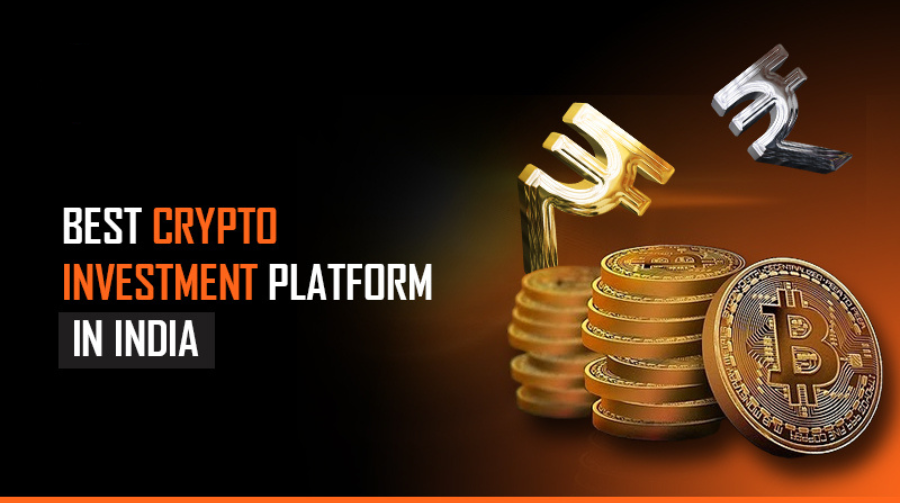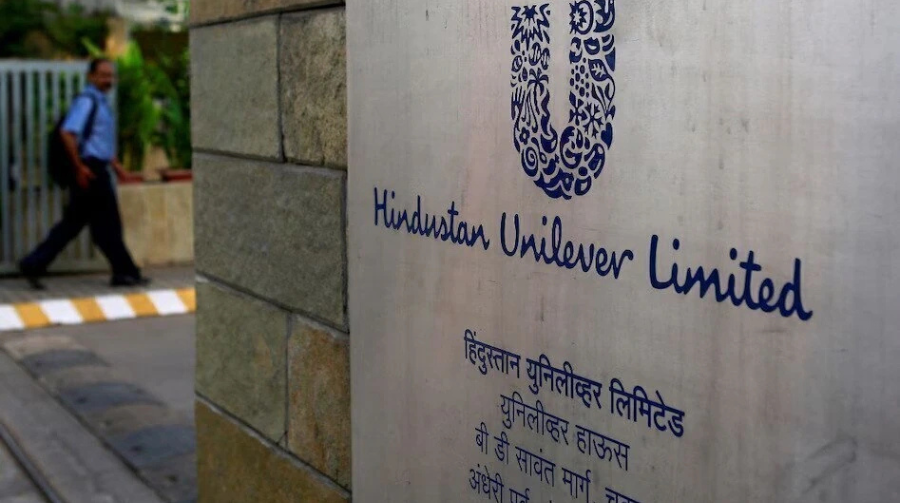Business
Murthal’s Amrik Sukhdev: ₹100 Cr Dhaba Serving 10,000+ Hungry Travelers Daily

When you think of dhabas on NH-44 (old NH-1), Amrik Sukhdev in Murthal stands out as a symbol of modern roadside dining. From serving truck drivers to becoming a culinary landmark, this dhaba now clocks ₹100 crore in annual revenue!
Humble Beginnings of Amrik Sukhdev
Founded in 1956 by Sardar Amrik Singh and Sardar Sukhdev Singh, the dhaba started as a small roadside stall serving simple, hearty meals to highway travelers and truck drivers.

The Secret Behind Its Massive Success
- Consistent quality and taste
- A mix of traditional Punjabi recipes and modern hygiene standards
- Continuous adaptation to changing customer expectations
- Focus on hospitality and comfort

Scaling to Serve Over 10,000 Customers Daily
Today, Amrik Sukhdev serves more than 10,000 guests every day. From early morning parathas to late-night meals, it has become a must-stop spot for everyone traveling to or from Delhi.
The ₹100 Crore Milestone
Crossing ₹100 crore in yearly revenue is no small feat for a dhaba. Amrik Sukhdev achieved this by focusing on high volume, efficient service, and smart business expansion including event catering and packaged food products.

The Team: 500+ Staff Making It Happen
A workforce of over 500 people ensures smooth operations around the clock — from kitchen staff to service teams and logistics. Their teamwork keeps this massive operation running like clockwork.
How Amrik Sukhdev Became a Food Icon
Beyond food, the dhaba has become a cultural icon. It’s featured on travel vlogs, food shows, and social media as a “must-experience” place on the Delhi-Chandigarh route.

Plans for the Future
Amrik Sukhdev aims to further expand its brand, explore new locations, and potentially venture into ready-to-eat products to reach customers beyond Murthal.
Business
Invest in Bitcoin with Just ₹100 in India: A Beginner’s Guide

Cryptocurrency is becoming increasingly accessible in India—now, you can start investing in Bitcoin with as little as ₹100. Here’s how the landscape has evolved and why this is a game-changer:

Fractional Ownership of Bitcoin
Unlike a whole Bitcoin, which costs around ₹1.05 crore today, the cryptocurrency can be bought in fractions (called satoshis). This allows investors to enter the market with minimal amounts. Platforms like CoinDCX, Mudrex, Unocoin, WazirX, Flitpay, and CoinSwitch support purchases as low as ₹100
How to Buy with ₹100: Step-by-Step
Here’s a simplified guide using any of the major Indian exchanges:
- Choose a Crypto Exchange
Select a trusted platform like CoinDCX, WazirX, or Unocoin—all allow ₹100 minimum purchases - Sign Up and Complete KYC
You’ll typically submit your PAN, Aadhaar, and a selfie to comply with Indian regulations - Deposit ₹100 INR
Use UPI, IMPS, or net banking to deposit the money into your exchange wallet - Buy Bitcoin
Go to the Bitcoin (BTC) page, enter ₹100, and buy. You’ll receive a fraction of a Bitcoin accordingly - Store Securely
Keep your BTC in the platform’s wallet or transfer to a cold wallet for enhanced security.

Start a Systematic Bitcoin Plan
Many exchanges like Unocoin and Mudrex offer Systematic Buying Plans (SIPs) or recurring buys, letting you invest ₹100 daily, weekly, or monthly. This helps average out volatility and build holdings over time
Benefits of Micro-Investing
- Beginner-Friendly: Low-risk entry for crypto newcomers
- Portfolio Diversification: Helps spread investments across assets
- Dollar-Cost Averaging: Reduces market timing risks
- Build Discipline: Start small and gradually scale
ZebPay highlights that fractional ownership empowers individuals to invest even with limited funds

Points to Watch
- Platform Fees: Small investments could be disproportionately affected by transaction fees—choose low-cost platforms
- Regulatory Uncertainty: Cryptocurrencies aren’t legal tender in India, though buying/selling is allowed; tax rules apply
- Volatility Risk: Bitcoin prices are highly volatile—invest only what you can afford to lose
Why ₹100 Matters in the Big Picture
Even tiny investments can compound over time. For example, ₹100 monthly SIPs could grow significantly during bull cycles. Plus, they help new users get comfortable with the market mechanics before scaling up.

Final Takeaway
Thanks to fractional Bitcoin and user-friendly Indian platforms, you no longer need large capital to start. With just ₹100, you can:
- Start building crypto exposure
- Experience hands-on how buying, storing, and selling works
- Leverage SIPs to manage volatility and grow steadily
Just choose a reliable crypto exchange, do your KYC, invest ₹100, and begin your crypto journey today!
Business
Priya Nair to Make History as HUL’s First Woman CEO and MD in August 2025

In a historic move, Hindustan Unilever Limited (HUL), India’s largest FMCG company, has announced that Priya Nair will become its new CEO and MD starting August 2025. This marks the first time a woman will lead the ₹6 lakh crore market cap giant.

Who is Priya Nair?
Priya Nair is a seasoned business leader known for her sharp marketing acumen and visionary leadership. Currently serving as Executive Director & Chief Marketing Officer, she has been a part of HUL for over 25 years.
Her Journey at HUL
Joining HUL in the 1990s, Priya Nair quickly rose through the ranks:
- Spearheaded major brand revamps for Dove and Lux
- Led market-defining campaigns that connected deeply with Indian consumers
- Known for driving sustainability and purpose-led initiatives
Her strong focus on consumer insights and brand-building has been central to HUL’s continued growth.

The Significance of Her Appointment
Priya’s appointment shatters the glass ceiling in India’s corporate world, inspiring countless aspiring women leaders. At a time when gender diversity at the top remains a challenge, this milestone is a huge step forward for inclusivity in corporate India.

Replacing Rohit Jawa: The Leadership Transition
Rohit Jawa, who took over as CEO and MD in 2023, will be stepping down in August 2025. Under his leadership, HUL strengthened its digital transformation and expanded its rural market footprint. The transition is expected to be smooth, with both leaders working closely to ensure continuity.
What This Means for HUL
- Continued focus on innovation and digital growth
- Stronger emphasis on sustainability and purpose-driven brands
- Potential acceleration in women leadership development programs
This leadership change signals a new era for HUL as it aims to solidify its position not just as an FMCG giant, but as a progressive, future-ready organization.

Market Reactions and Future Expectations
Market analysts and investors have largely welcomed the announcement. HUL’s shares have remained stable, signaling confidence in Priya’s leadership. Many expect her to drive further premiumization of brands and expand international collaborations.
Business
Sunil Mittal & Warburg Pincus Bid for 49% Stake in Haier India

- Consortium Offer: Sunil Mittal’s family office and Warburg Pincus have jointly bid approximately ₹6,000 crore ($720 million) for a 49% stake in Haier Appliances India
- Valuation Gap: This price reflects a steep discount compared to Haier Group’s initial $2 billion valuation
- Employee Stake & IPO Plan: Deal includes a 2% equity grant to Indian employees, with Haier India exploring an IPO within two years to provide exit route

Strategic Rationale
- Consumer Electronics Push: Mittal aims to tap into booming demand for home appliances—ACs, fridges, washing machines—by entering a rapidly growing segment
- Joint Control Setup: The purchase structure envisions a 49/49 split between Mittal-Warburg and Haier Group, with 2% reserved for employee equity, granting joint control
- Discounted Entry: Lower-than-expected bids reflect concerns over high royalty and brand usage fees paid to Haier’s China HQ

Market & Operational Impact
- Manufacturing Scale: Haier India runs three domestic plants, with ₹8,900 crore revenue in 2024 and 36% YoY growth
- PE Involvement Adds Muscle: Backed by experienced private equity, the consortium could drive operational efficiency, product expansion and scale-up ahead of IPO.
- Broader Ecosystem Sign: The high-profile move signals increasing domestic appetite for strategic partnerships in consumer durables.

Outlook & Next Steps
- Finalization Timer: While advanced talks are ongoing, a definitive announcement may arrive soon as the exclusivity window closes
- IPO Countdown: Public listing of Haier India within 24 months remains a key exit strategy for both Haier’s parent and new investors.
Why This Matters
- Diversification Play: Mittal’s entry signifies expansion beyond telecom, aligning with rising Indian consumerism in appliances.
- Valuation Signal: A steep discount highlights the importance of brand and royalty structures in valuation models for overseas-led subsidiaries.
- Employee Empowerment: 2% ESOP shows growing trend for shared ownership and retention in joint ventures.

Related Coverage
- “Private Equity Trends in Indian Manufacturing M&A”
- “Haier India: Growth, IPO Timeline & Market Position”
- “Airtel’s Mittal: From Telecom to Consumer Durables”
-

 Celebrity Lifestyle2 months ago
Celebrity Lifestyle2 months agoEx-Cricketer Shikhar Dhawan Buys Ultra-Luxury Apartment Worth ₹69 Crore in Gurugram
-

 News2 months ago
News2 months agoIndia offers zero-for-zero tariffs on auto parts, steel from US
-

 Business1 month ago
Business1 month agoAmazon sets 30‑day relocation deadline for corporate staff—opt out by resigning in 60 days
-

 Glamour & Entertainment4 weeks ago
Glamour & Entertainment4 weeks agoTelegram Channels Disseminating Pro‑Russian Propaganda in Poland
-

 News3 months ago
News3 months agoOperation Sindoor Live Updates: Pakistan used Turkey-made drones to target 26 locations, military sites in north India
-

 Celebrity Lifestyle1 month ago
Celebrity Lifestyle1 month agoMaha Kumbh Girl Monalisa seen in car allegedly worth ₹1 crore
-

 Education1 month ago
Education1 month agoNEET UG Controversy Explained: Paper Leak, Impersonations & Ongoing Probe
-

 Cricket3 months ago
Cricket3 months agoIPL 2025 Suspended: IPL suspended for only this many days? BCCI told when the tournament will start again!




